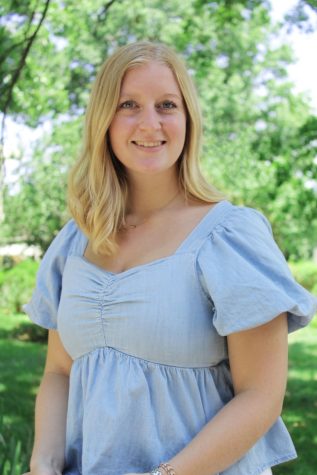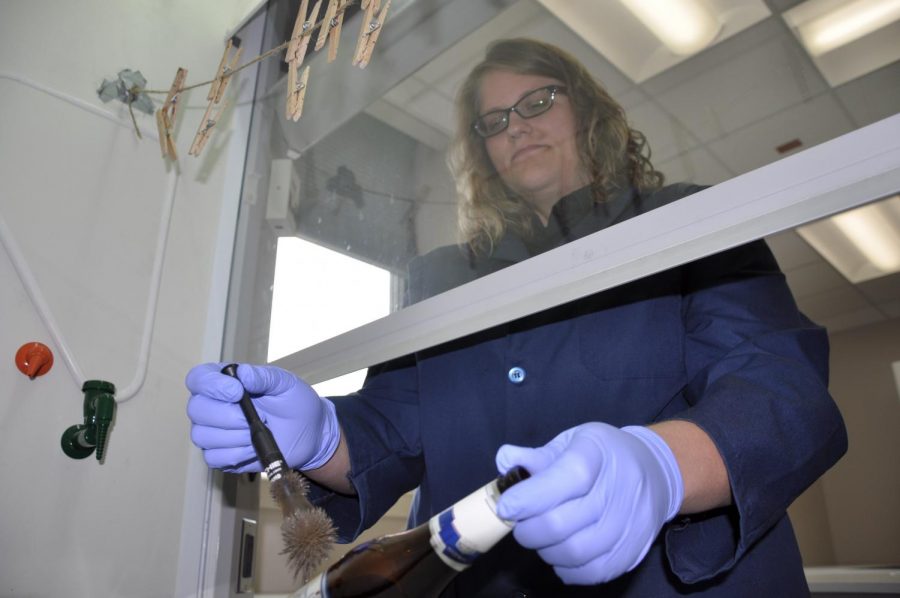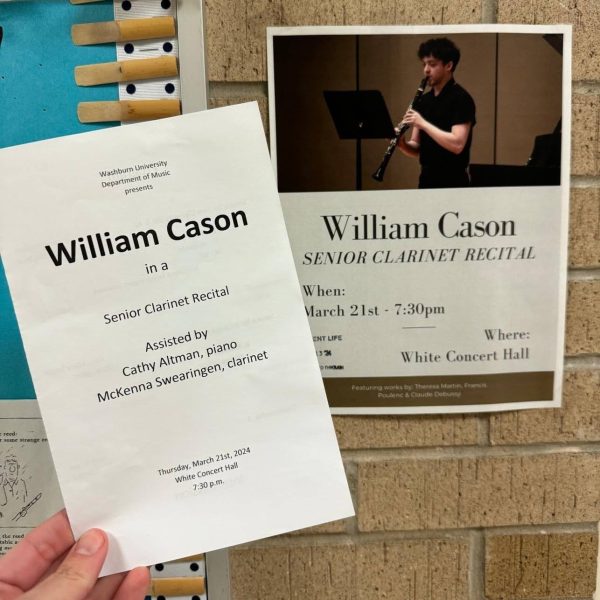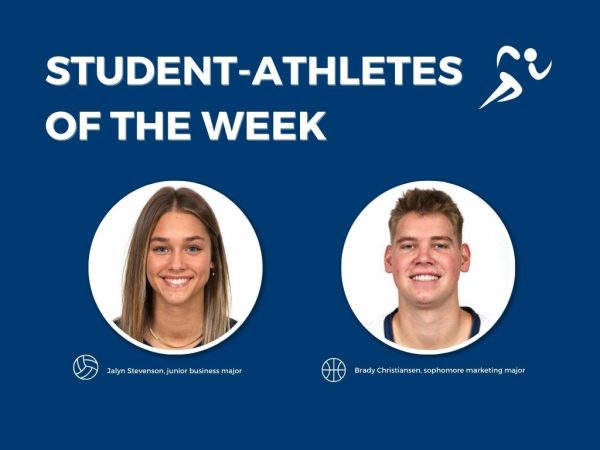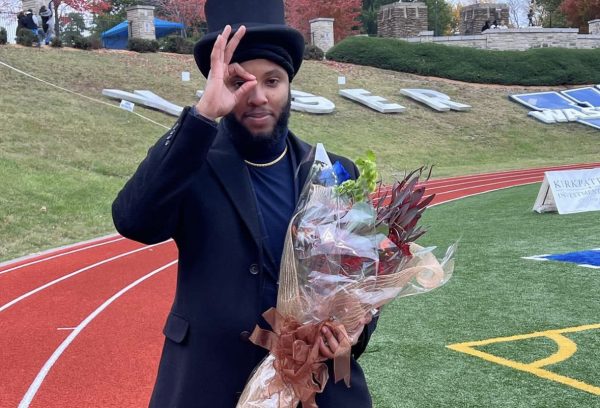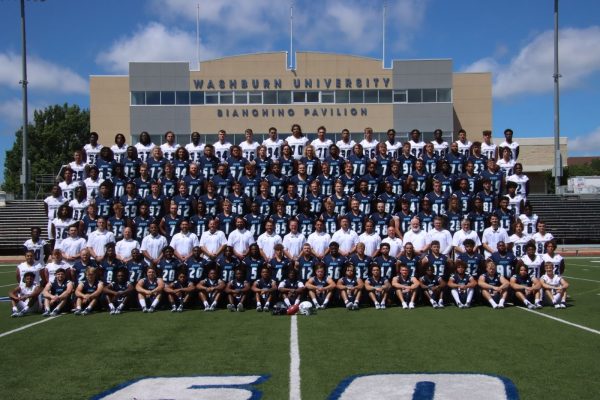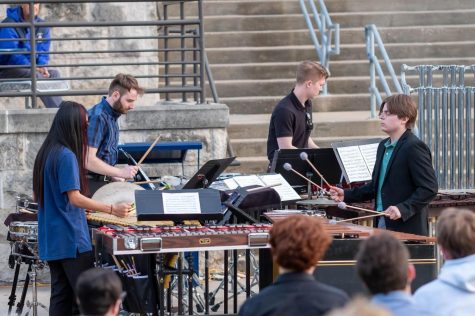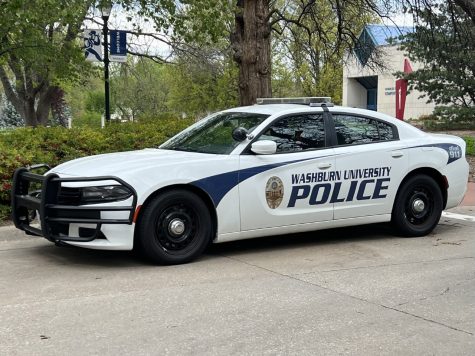Criminal Justice professor brings real world experiences to the classroom
Photo Courtesy of: Kimberly Gerhardt-Whiddon
Working Overtime: Kimberly Gerhardt-Whiddon working as a forensic examiner. Her job requires precision and focus.
Washburn University prides itself on providing students with education that prepares them for the real world. Hiring a former Forensic Examiner, Kimberly Gerhardt-Whiddon, exceeded all expectations.
By receiving a Bachelor’s of Science degree from Kansas State University and a Masters of Science degree in Forensic Science from Marshall University, Gerhardt-Whiddon decided to become a forensic examiner. She was immediately hired at the Rapid City Police Department in Rapid City, South Dakota where she worked for nine years. During this time, she taught as an adjunct professor at the Western Dakota Technical Institute for two semesters.
Gerhardt-Whiddon was hired in 2020 at Washburn after having a successful career of her own, but decided to move back to Kansas to be with family.
She picked up a job at the Kansas Department of Health and Environment as a public health educator for 18 months. Soon after, the opportunity to teach again fell into her lap.
“I saw the job come up and I knew that I love teaching about what I had a passion for,” said Gerhardt-Whiddon. “I decided to give it a try; I really was not expecting to be reached out and further interviewed for the position.”
Gerhardt-Whiddon chose to become a forensic examiner because of her fear of public speaking.
“It was a running joke that we went into Crime Scene Investigation because we got along better with the dead people than [living] people,” said Gerhardt-Whiddon.
She later realized that duties as a forensic examiner had transitioned into teaching. Gerhardt-Whiddon knew she would have to step up and take charge of helping to guide future forensic examiners.
Washburn University has one of the only forensic departments in the state, but Gerhardt-Whiddon also has strong ties with the Kansas Bureau of Investigation (KBI). She knew it would be the perfect place to teach, given all of the technology that is available at the KBI.
“My students are training in a lab space that is comparable to a state level lab because we’re in a state level lab building so they’re learning tools and resources and lab space environments that they’re actually going to encounter in the real world,” explains Gerhardt-Whiddon.
Gerhardt-Whiddon loves the class sizes, being on a first name basis with students. Having this connection makes teaching more meaningful to her.
As for the criminal justice department, Gerhardt-Whiddon urges everyone to be on the lookout for new courses being offered and future expansions to students’ minds.
Edited by: Savannah Workman, Matthew L. Self
Your donation will support the student journalists of Washburn University. Your contribution will allow us to purchase equipment and cover our annual website hosting costs.
